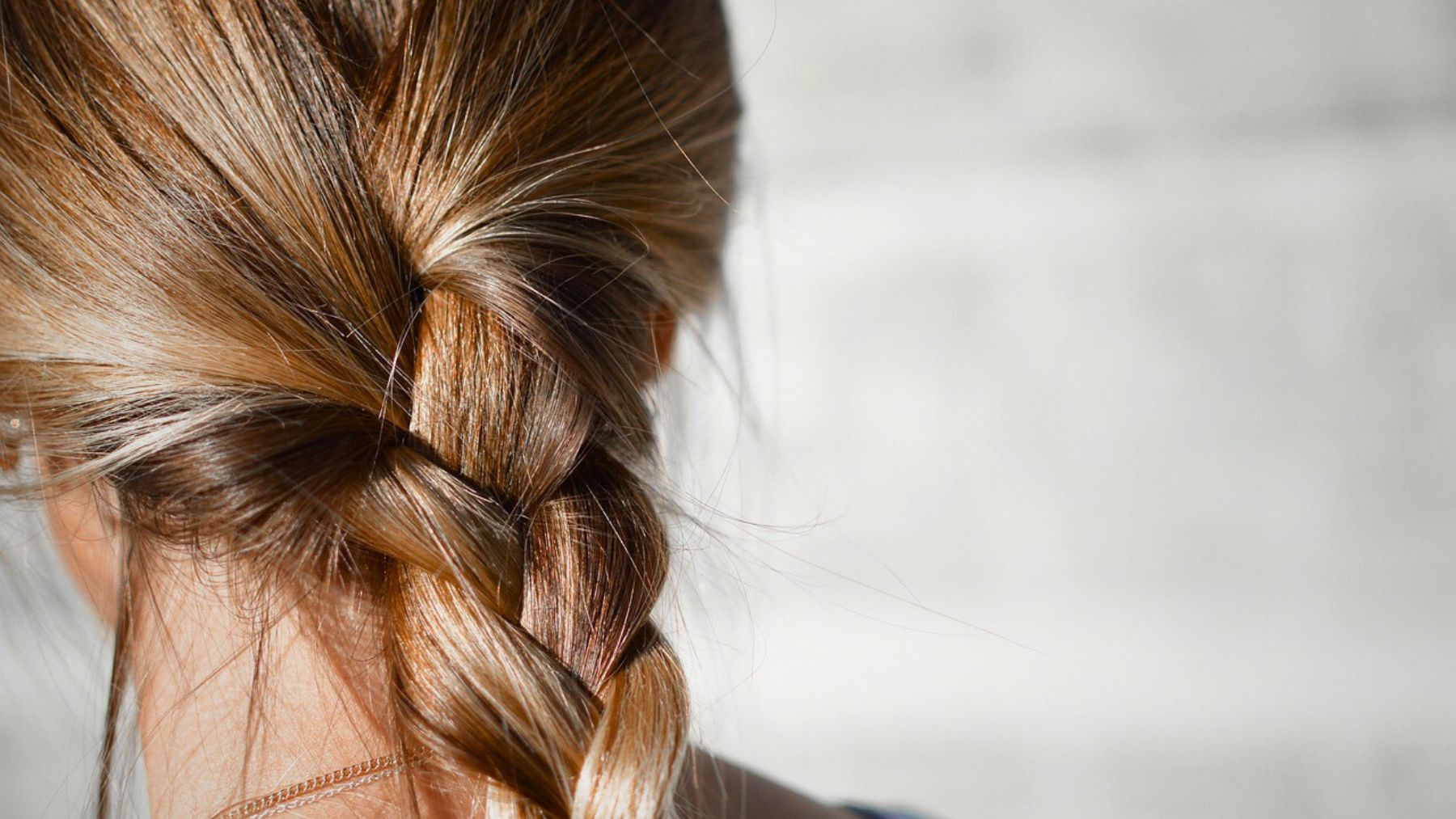Having healthy hair goes beyond using the right shampoo and conditioner for your type of hair. A balanced diet rich in essential vitamins is crucial for hair growth and preventing thinning. Experts in this area emphasize the intake of key nutrients that support healthy hair, particularly for those dealing with hair loss or sluggish growth. Vitamins play a fundamental role in the body as a whole, and their impact on hair health is no exception.
Certain vitamins are especially important, as they contribute to various bodily functions that directly impact the health of your hair. These include the formation of new hair cells, maintaining scalp health, and preventing hair loss. In this article, we will delve into the six best vitamins for hair growth, as recommended by experts. Let’s get started.
1. Vitamin D
Vitamin D plays a vital role in keeping hair follicles healthy and research suggests that a deficiency may contribute to hair loss. People living in areas with limited sun exposure, such as the northern United States, often have lower levels of vitamin D and might benefit from supplementation.
Some excellent dietary sources include fatty fish, fortified dairy products, and egg yolks. To keep adequate levels, most adults need around 2,000–5,000 IU of vitamin D daily.
2. Biotin
Although biotin is often praised for promoting hair growth, most people naturally get enough biotin through their regular diet. This B vitamin helps strengthen hair strands and is found in eggs, nuts, whole grains, and dairy products.
While some specialists recommend doses up to 5,000 mcg daily, the FDA hasn’t established an official recommended intake. Fortunately, we usually obtain sufficient amounts through what we eat.
3. Vitamin A
Important for cellular growth, including hair, this vitamin supports scalp health by promoting sebum production, which acts as a natural moisturizer for the hair. Rich sources include sweet potatoes, carrots, spinach, and liver. However, consuming more than 10,000 IU daily may cause toxicity and, paradoxically, trigger hair loss.
4. Vitamin C
Renowned for its antioxidant effects, vitamin C supports collagen synthesis, a protein crucial for hair structure, and it also aids iron absorption, a mineral that fosters hair growth. Excellent sources of vitamin C include citrus fruits, bell peppers, strawberries, and tomatoes, all of which can easily be incorporated into your diet. The recommended daily intake is 75 mg for women and 90 mg for men.
5. Vitamin E
As a potent antioxidant, vitamin E shields hair follicles from oxidative damage. Research shows it may enhance hair growth in those with deficiencies. Almonds, sunflower seeds, spinach, and avocados are excellent sources. While supplements are available, it is ideal to obtain this vitamin through whole foods. The recommended daily amount is 15 mg.
6. Folic acid
Folic acid (vitamin B9) is central to keratin production, the protein that fortifies hair shafts. Though deficiency is rare, low levels can contribute to thinning hair. Leafy greens, beans, citrus fruits, and fortified cereals offer natural sources of this nutrient. Most adults require 400 mcg daily, though pregnant women need higher amounts to support fetal development.
A balanced diet rich in essential vitamins is the foundation for thick, healthy, and shiny hair. While supplements may help address deficiencies, obtaining nutrients through whole foods is generally preferred and recommended. If you’re experiencing significant hair loss, make sure to consult a healthcare provider to identify causes and appropriate solutions.
